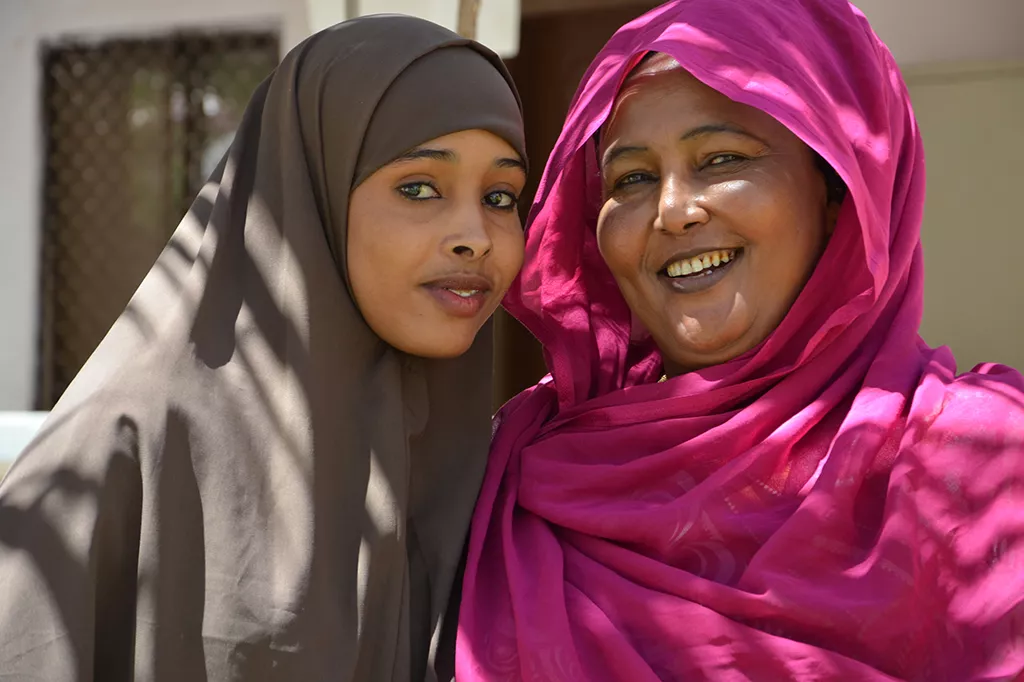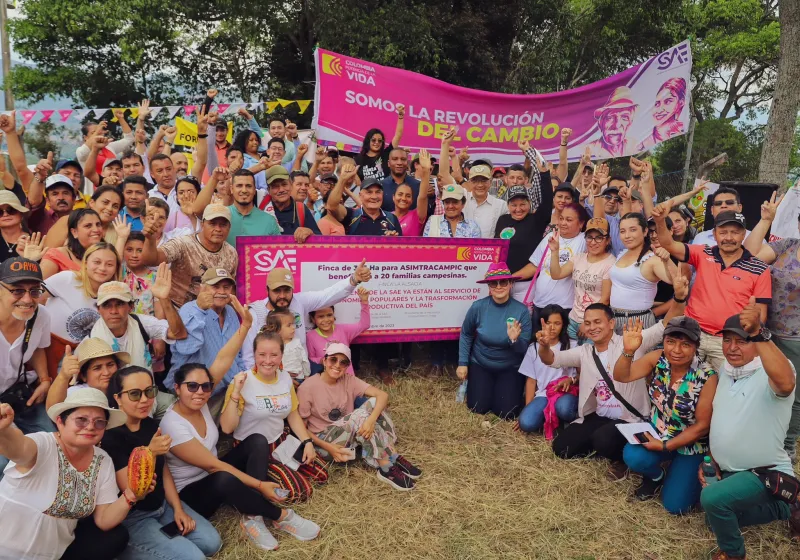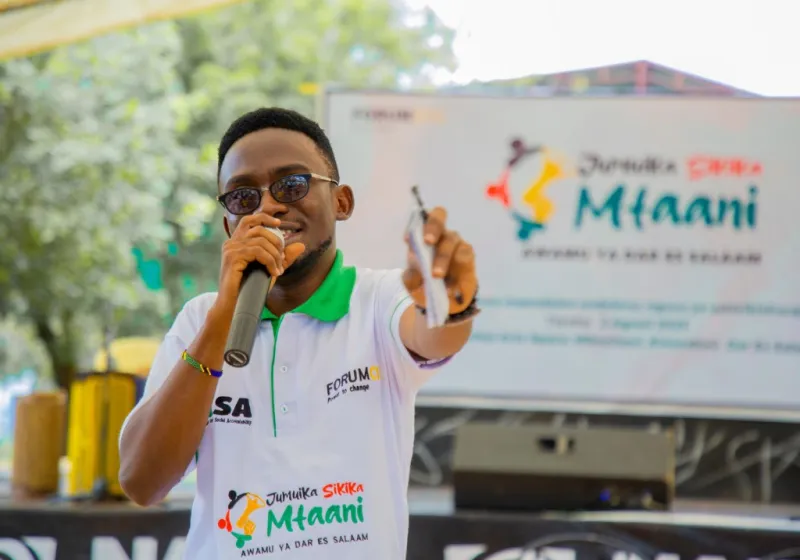Summary of ForumCiv's Somalia programmes, 2012-2020

ForumCiv operated in Somaliland and Somalia Federal States for eight years. The lack of stabile political governance has made society hard to navigate and the challenges many, meanwhile the will for change created great developmental opportunities.
Development cooperation was implemented through two programs; support to partnership between Swedish-Somali and Somali civil society organisations and support to individual entrepreneurs who wished to contribute to a gender equal and environmentally sustainable private sector which creates decent jobs.
The Somali diaspora in Sweden was deeply involved in the creation of the program and with their 800 associations in Sweden, organized development cooperation between Sweden and Somali was already in place. The role of the diaspora have been and continues to be a force for Somali rebuilding. The purpose of the program was therefore to support the already existing civil society initiatives. Since its start, the program has supported over 300 projects in local civil society organisations in all parts of Somalia.
Some of the successes within the program was advocacy work that contributed to laws against female gender mutilation, criminalization of rape and laws for media freedom. Civil society also lobbied religious leaders to issue fatwas that oppose female gender mutilation and the encouragement of female representation in political elections.
The Swedish-Somali Business Program was created in cooperation with Business Sweden and gave entrepreneurs a chance to develop their business idea that should include sustainability planning and increase gender equality and the share of decent employments.
The program supported roughly 80 individuals which resulted in 40 companies that jointly employed almost 500 people, of which 211 were women and 260 were youth. Considering that the average family consist of sex persons, the program is estimated to have improved living conditions for around 3,000 people.
Both programs came to an end in 2020 and ForumCiv’s three offices in Hargeisa, Garowe and Mogadishu closed down. To operate in countries of post-conflict is not an easy task and especially not in a country that has been without state structures for decades. Formal and informal systems of governance exist parallel to one another and creates a level of functionality for the citizenry but complexity for international organisations. ForumCiv’s experiences and lessons learned are many and valuable. The ambition is to resume operations and ForumCiv continue to explore financial funding.
Other recent articles

Statement by The Eastern Partnership Network on Georgian “Transparency of Foreign Influence" law
The Eastern Partnership Network strongly condemns the re-introduction of the contentious “Transparency of Foreign Influence” law by the Georgian Dream Party. We call on the Georgian government to...

Aremos Paz: ploughing furrows of peace in Colombia
After five years the Aremos Paz project have come to an end. Read more about how the project have supported rural communities and the reincorporated population in rural areas affected by the conflict...

12 times civil society changed the world in 2023
Strengthening press freedom, dismantling structural discrimination, eradicating harmful practices, maintaining a helpline despite state crackdown, preserving natural resources, these are just some of...